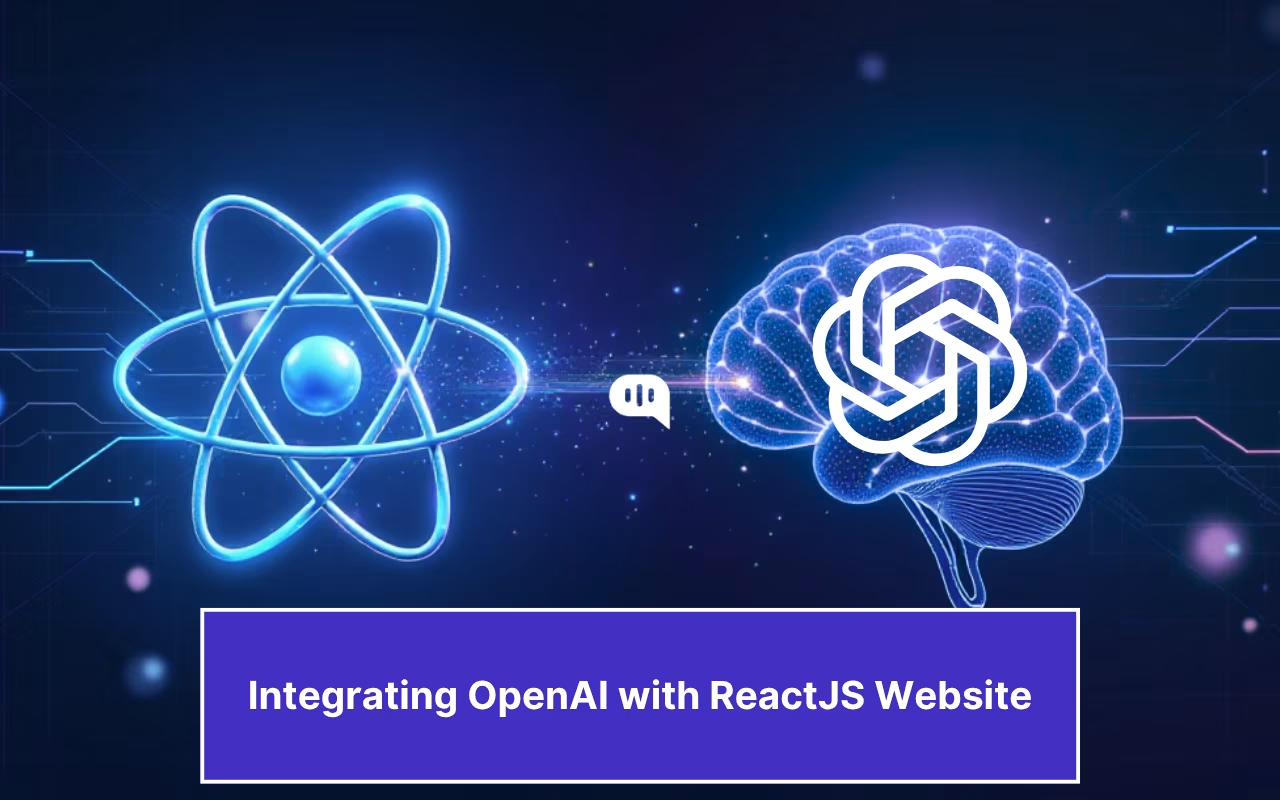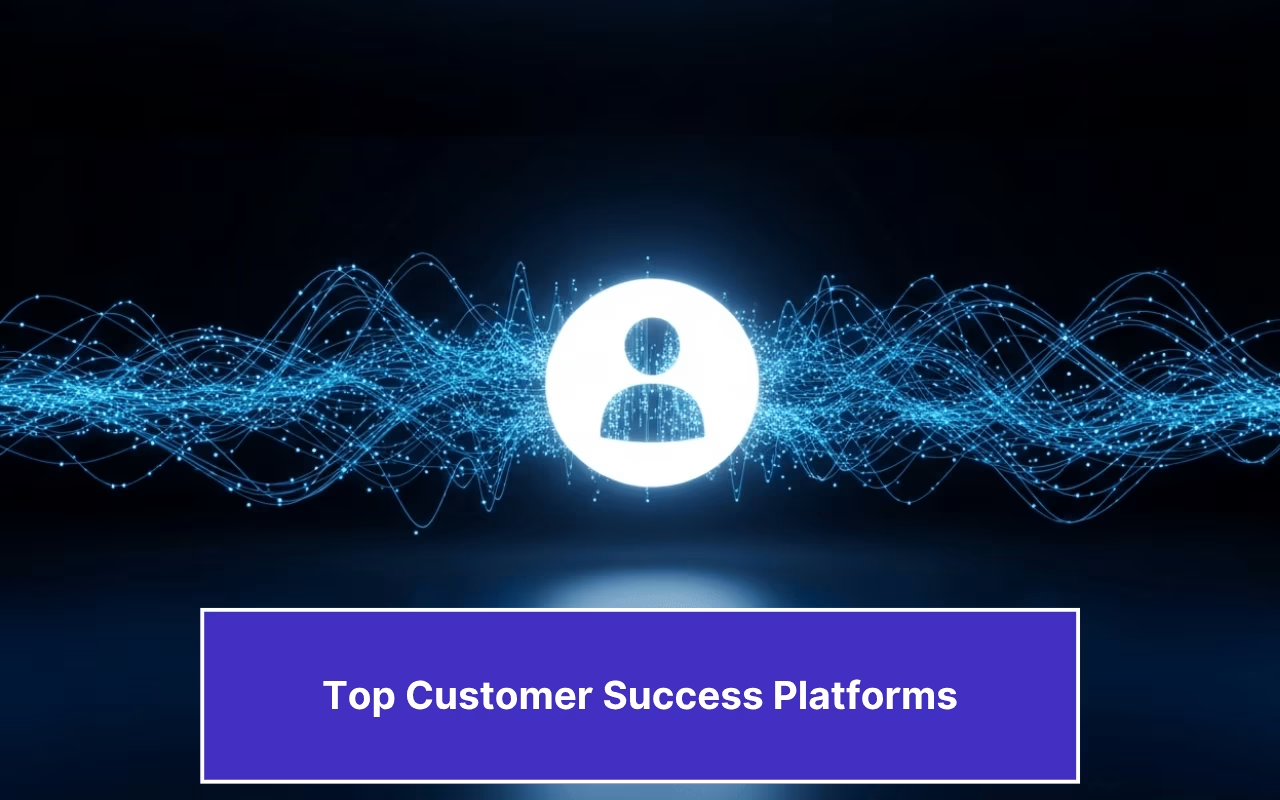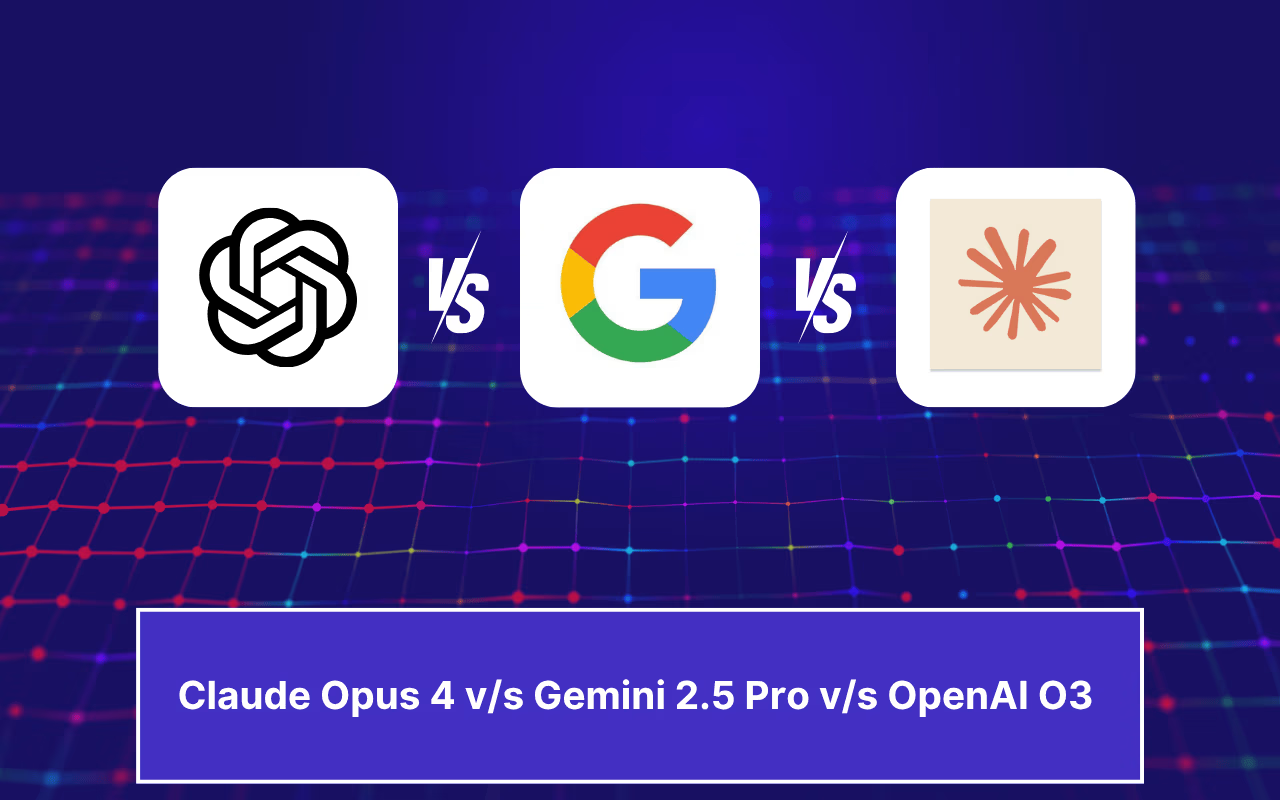Updated on May 26, 2025

Endless wait times, repetitive queries, and inconsistent support—these common pain points frustrate customers and overload support teams. AI self service eliminates these hurdles, giving customers instant access to answers through chatbots, FAQs, and AI-powered knowledge bases.
By automating basic questions, companies implementing artificial intelligence self-service improve efficiency and save up to 3 billion working hours yearly for customer support. This lowers running costs and allows human agents to concentrate on more difficult problems.
The fundamentals of implementing AI self-service remain unfamiliar to many. This article explores how AI self-service works, highlights its customer benefits, and provides a step-by-step strategy for selecting the right tools. Let’s dive into what AI self-service is and how it can help us move closer to the ultimate goal of AI-powered customer service.
Understanding AI Self-Service
AI self service empowers customers to solve their problems independently with advanced support tools. These include chatbots, virtual assistants, and automated knowledge bases, thus eliminating live agent requirements. The AI-based solutions deliver prompt, accurate support with no hassles, resulting in improved customer satisfaction and increased operational efficiency.
Core Technologies Powering AI Self-Service
AI self service runs through multiple advanced technologies, which create smooth, efficient interactions with adaptive solutions for customers. Some of these core technologies include:
- Natural Language Processing (NLP): NLP-enabled AI chatbots and virtual assistants use this technology to analyze user queries, determine purpose, and respond naturally. ERP Systems require detailed information regarding NLP chatbots and their position in AI-based customer service.
- Machine Learning (ML) & Deep Learning: Machine learning enhances AI interactions by continuously learning from past conversations. This is achievable from user behavior to predict customer needs for delivering personalized support.
- Knowledge Management Systems: These systems develop systematic information frameworks that enable customers to solve their issues autonomously through easily accessible answers.
- Predictive Analytics: Companies use predictive analytics to detect customer problems through data analysis patterns. Thus, they can present preventative solutions before issues become major concerns.
Types of AI Self-Service Tools
AI self service tools drive customer-business interactions into new directions by offering accessible and highly efficient support that users find intuitive. These tools empower users to discover solutions while business operations enhance their performance.
1. AI-Powered Chatbots
Chatbots provide initial customer assistance with routine inquiries, delivery tracking, and technical device advice. AI-powered customer service chatbots enable humans to concentrate on advanced customer demands through automatic repetitive inquiry processing.

2. Virtual Assistants
Virtual assistants handle complicated customer demands and study preferences while offering tailored suggestions to users. These platforms provide integrated support through voice, chat, and messaging to deliver interactions that mimic human-like contexts.
3. Automated IVR Systems
AI-driven IVR systems enhance phone support by understanding speech, recognizing intent, and directing callers to the right solution. These smart telephone navigation systems eliminate frustrating menus to provide customers with a smooth experience interacting with the system.
4. AI-Enhanced Knowledge Bases
Such systems achieve better results than basic FAQ pages as they utilize advanced search functionality. The system uses interpretation software to identify customer queries before it retrieves matching information. It improves this constantly through user interaction to maintain quick, accurate solutions.
5. Self-Service Portals
Self service portals grant customers full autonomy through their direct service. This enables account management, order reviews, reset passwords, and issue troubleshooting without support involvement. Such features consolidate important operations, which lead to better user control and higher operational efficiency.
6. AI-Powered Email Ticketing Systems
Implementing automatic email sorting, priority handling, and recipient selection in AI ticketing systems results in smoother customer query management. The support system properly distributes client requests to matching teams that work toward faster responses and more precise resolutions.

Benefits of AI-Powered Self-Service
AI-driven self service tools transform customer support by improving efficiency, reducing costs, and enhancing user experiences. Here’s how:
1. Reduced Operational Costs
AI-Powered self service enables businesses to achieve substantial financial savings. Through chatbot implementation, businesses have reduced customer service expenses by 30%. Watson Assistant helped IBM reduce customer call traffic by 40%, lowering operational expenses.
2. 24/7 Availability
The continuous operation of AI-powered systems guarantees 24/7 availability for customers who need assistance anytime, including late hours or weekends. Thus, creating better accessibility and satisfaction rates
3. Faster Resolution Times
As a result of AI tools, customers experience faster response duration. The combination of AI-powered chatbots and interactive voice response systems enables the resolution of 80% of basic service inquiries, leading to expedited problem handling and shortened wait times.
4. Scalability
AI helps businesses maintain efficient operations when handling growing customer interactions. Organizations delivering outstanding customer support services enabled by AI technology grow their revenue streams 4%–8% beyond the average market revenue.
5. Consistent and Accurate Responses
The application of artificial intelligence results in standardized business interactions with customers. According to Gartner research, organizations have reported up to a 70% reduction in calls, chats, and email inquiries after implementing a Virtual Customer Assistant.
6. Enhanced Customer Satisfaction and Loyalty
Efficient and quick customer interactions and personalized experiences drive customer satisfaction and strengthen customer loyalty toward the brand. The satisfaction level of customers dealing with AI support software has grown by 20%, which leads to customer loyalty and repeat business.
7. AI-Driven Personalization
AI generates personalized customer recommendations and solutions by analyzing customer data alongside behavior and preferences. Approximately 73% of shoppers believe AI could improve customer experience by providing personalized and efficient service.
Real-World Applications of AI Self-Service
Various organizations in multiple industries adopt AI technology to boost operational effectiveness while decreasing workforce dependence and giving users speedy, individualized assistance.
E-Commerce
AI chatbots for e-commerce assist customers with order tracking, returns, and personalized product recommendations, ensuring a seamless shopping experience. Retailers’ integration of AI-driven solutions allows them to improve logistics systems while simultaneously automating inventory forecasting and enhancing supply chain management.
Banking and Finance
Self service platforms at financial institutions allow customers to monitor bank balances, transfer money, and view financial products through automated systems that function without human assistance. Financial institutions use these systems to reduce phone calls and deliver reliable, on-time solutions for all financial questions.
Healthcare
Users benefit from AI self service tools through their ability to organize medical appointments, obtain relevant information, and ease access to their healthcare documentation. Healthcare AI-driven platforms improve accessibility to healthcare services by offering reliable support without long wait times.
Telecommunications
AI-powered automated systems handle telephone billing questions, technical problems, and service enhancement support. Telecom providers use AI chatbots to fix network issues while enabling account change processing and supplying customized plan options to customers.
Travel and Hospitality
Hotel and airline companies leverage Artificial Intelligence technologies for travel and hospitality to forecast customer requirements before delivering proactive service groups. Self-service systems with artificial intelligence capabilities help travelers adjust their bookings, maintain itinerary updates, and obtain information on local areas. It enhances their experience throughout their trip.
AI Self-Service Case Studies: Transforming Industries with Intelligent Automation
Different industries now welcome AI-driven solutions that boost customer satisfaction through operational improvements.
Personalized Shopping Experiences in E-Commerce
Daily Harvest has integrated artificial intelligence across its operations to enhance product recommendations, customer experience, and packaging efficiency.
“Over the last year, we’ve invested heavily in hyperfocusing on areas that have consistently driven success with AI,”
Said Jackson Mlawer, Director of Product Management.
This strategic use of AI has streamlined processes, improved customer interactions, and optimized packaging, reinforcing Daily Harvest’s commitment to innovation and efficiency.

Best Buy is expanding its partnership with Google Cloud to enhance customer service with generative AI. In collaboration with Google Cloud and Accenture, the retailer is developing AI-powered tools for customers and frontline employees.
By late summer, U.S. customers can use an AI virtual assistant on BestBuy.com, the mobile app, and the customer service helpline for troubleshooting, order management, and subscription support. Additionally, AI-powered tools will assist customer care agents by summarizing conversations, detecting sentiment, and providing real-time recommendations.

Best Buy is creating an AI assistant for store associates to streamline access to company resources and product guides, improving service efficiency.
“These AI capabilities strengthen our commitment to personalized experiences and employee support,”
said Brian Tilzer, Chief Digital Analytics and Technology Officer at Best Buy.
Banking on AI for Smarter Financial Services
Bank of New York Mellon (BNY Mellon) established a strategic alliance with OpenAI to develop AI-based applications. It employs automation to process client deals, streamline organizational procedures, and boost their fraud protection capabilities.
Bank of America utilizes “Erica,” an AI-powered virtual financial assistant, to enhance personal banking services. Launched in 2018, Erica assists customers with checking balances, transferring funds, and managing transactions.

It also provides proactive financial guidance by analyzing customer behavior and transaction records. As of April 2024, Erica has surpassed 2 billion interactions, serving over 42 million clients and handling approximately 2 million interactions daily.
Revolutionizing Retail with AI-Driven Automation
Aldi opened an automated London-based supermarket, allowing shoppers to bypass traditional checkout processes. The system automatically recognizes purchases using computer vision and machine learning, guaranteeing a seamless transaction flow.
Sam’s Club has enabled its customers to use an AI-based scan-and-go feature through which they can utilize mobile devices to scan products and immediately make payments.

AI-Powered Telecom Support That Works Without Hold Times
The telecom company T-Mobile US created “IntentCX” as a customer support platform powered by artificial intelligence to enhance quality assistance without requiring human assistance. Operators execute repetitive inquiries in the system and address everyday technical issues, lowering agent dependence on assistance.
Mike Sievert, CEO of T-Mobile, remarked that,
“IntentCX is much more than chatbots. Our customers leave millions of clues about how they want to be treated through their real experiences and interactions, and now we’ll use that deep data to supercharge our care team as they work to perfect customer journeys.”
The nationwide telecommunications leader Telstra recently released “AskTelstra” as its virtual AI tool to help users resolve payments and account management problems and repair their network connections. Trials have shown that 90% of employees using the tool saved time and increased effectiveness, leading to a 20% reduction in follow-up contacts.
Challenges and Considerations in AI Self-Service Implementation
AI self service implementation for customer support delivers many advantages to organizations. Still, they must handle specific obstacles to ensure successful integration and satisfied customers. Key considerations include:
1. Building Customer Trust and Acceptance
Some customers distrust automated customer support because they worry about getting impersonal service and potentially poor-quality assistance. Organizations should develop trust by openly describing AI functions and system boundaries while informing customers about transitions from machine to human support interactions.
2. Ensuring Data Privacy and Security
The enormous quantity of sensitive customer data processed by AI systems demands organizations to follow data protection rules. The negligence of user information protection creates potential legal consequences, simultaneously destroying a company’s reputation.
3. Addressing Potential Bias in AI Responses
AI training data needs regular inspections and periodic updates to track down biases. It helps ensure unbiased and proper responses toward every customer. A proactive method enables organizations to protect fairness and inclusivity within their customer service operations.
4. Compensating for Lack of Emotional Intelligence
The inability of AI systems to understand sophisticated human emotions results in limited quality interaction, especially during emotional encounters with customers. AI solutions support human representatives in handling complex and sensitive cases. This ensures efficient service while maintaining a human touch, improving customer satisfaction.
5. Facilitating Seamless Human Escalation
AI systems cannot answer all customer custome, requiring human involvement in some situations. A smooth transition from AI to human support ensures customers receive timely and thoughtful assistance. This makes them feel heard, valued, and supported.
Future Trends in AI Self-Service
AI self-service is evolving rapidly, introducing advanced capabilities that enhance customer interactions and redefine support strategies. Various developments within AI advancement are shaping the direction of self-service technology solutions.
Generative AI Creating More Human-Like Interactions
AI software development enables natural context-sensitive responses, allowing better user interaction with artificial intelligence components. Businesses enhance engagement through artificial intelligence developments, which produce answers that match natural human responses.
Multilingual AI Support Breaking Language Barriers
Self-service platforms built by AI systems now accurately process and respond to inquiries in various languages without needing human representatives. Customers can have a smooth experience with a reduced need for multilingual staff as this system provides accessibility across languages to global audiences.
Hyper-Personalization Enhancing Customer Experiences
AI has developed advanced capabilities to study customer data and understand their behaviors and preferences, thus providing individualized assistance to customers. Customer interactions become more meaningful and time-efficient through AI self-service tools that deliver highly relevant solutions that adapt to each situation.

Merging AI with Augmented and Virtual Reality
Combining artificial intelligence (AI) with augmented reality (AR) and virtual reality (VR) features delivers brand-new self-service interactions. These technologies unite digital environments with physical interactions to create better self-service solutions that are both desirable and successful.
For example, customers can measure the dimensions of a carport based on the available space even before visiting the manufacturer.
AI and Human Collaboration for Smarter Support
Implementing AI assists human support agents by managing routine inquiries. AI systems help by conducting preliminary query assessments, collecting information, and transporting users to human support services if the situation requires it. Combining these support levels generates more efficient operations with adequate service levels directed toward customers.
Key Takeaways
AI-powered self service transforms customer support practices by making operations more efficient and economical and ensuring continual growth. Business operations benefit from AI chatbots, virtual assistants, and automated customer service tools.
The combination of automation provides fast, accurate assistance, and human support agents deliver emotional guidance and problem-solving capabilities. Success in customer service happens when organizations maintain a balanced implementation of human assistance and automation.
Improving AI technology will bring generative AI alongside multilingual abilities for better customer interactions. You need to enhance your self-service strategy. Kommunicate offers AI-based solutions that enhance business abilities and create more intelligent and responsive customer interactions.

CEO & Co-Founder of Kommunicate, with 15+ years of experience in building exceptional AI and chat-based products. Believes the future is human + bot working together and complementing each other.





